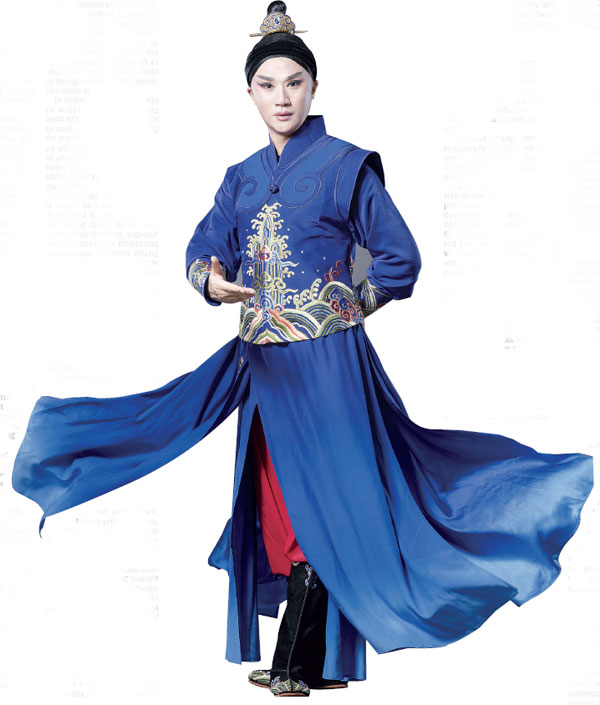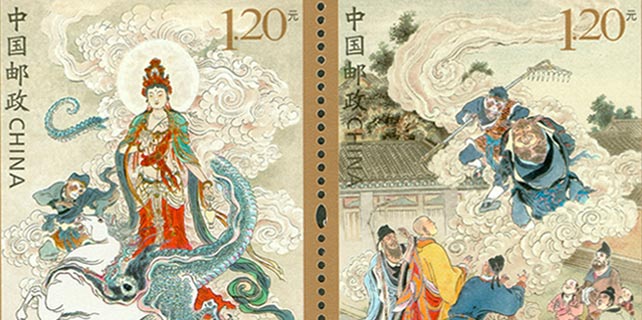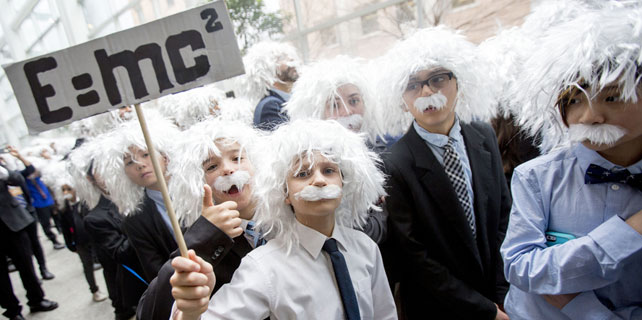The Kunqu advocate

Thanks in part to Zhang Jun's persistence over the decades, Kunqu Opera, once labelled as a traditional performance that is too boring to watch, is now experiencing a revival in modern times
When he was a student at the folk opera school at Shanghai Culture Square, Zhang Jun often snuck out of classes to watch films at the New Shanghai Theater across street.
Twenty years later, the renowned Kunqu artist and founder of the Zhang Jun Kunqu Opera Art Center will host a contemporary Kunqu art week at the very same cinema that was recently reopened after undergoing refurbishment.
The historic 70-year-old New Shanghai Theater now features cutting-edge design fashioned by the award-winning architecture studio Neri & Hu and is managed by staff from the Shanghai Dramatic Arts Center.
It has also been hailed as a venue that will attract younger crowds to the traditional performance art of Kunqu Opera. Zhang said that the New Shanghai Theater is a "perfect" space for Kunqu Opera performances, as the cozy 300-seat theater allows artists to interact intimately with the audience.
The Future Contemporary Kunqu Art Week, which will take place from April 6 to 16, will consist of four gala Kunqu concerts performed by artists from several opera troupes from Beijing, Jiangsu and Hunan provinces, two lectures on the traditional art form, as well as five performances of I, Hamlet, a contemporary Kunqu adaptation of William Shakespeare's great tragedy, from April 12 to 16.
In the one-man show I, Hamlet, which is created by Zhang, the Danish prince from the original tale is replaced by a Chinese noble from an ancient dynasty. Last year, Zhang presented the play in London and New York, winning praise among overseas audiences.
While the Chinese adaptation arrived rather late at the Lincoln Center of New York last year where a series of celebratory events took place to commemorate the 400th anniversary of the birth of Shakespeare, American audiences still found the performance refreshing.
Zhang said that he was touched when an audience member approached him to say how I, Hamlet made him "see the story in a different light".
"In the story, we included Chinese views on life and death, as well as other aspects of Chinese philosophy. It was an interpretation from a different perspective, and a dialogue between two cultures," said Zhang.
While I, Hamlet represents the latest development of Kunqu Opera in the contemporary world, Zhang believes it is just as important not to lose sight of the traditional.
In the past 10 years, Zhang has witnessed how an increasing number of people have become intrigued by traditional Chinese opera, fascinated by its refined aesthetics, slow movements and poetic lyrics. He attributed this phenomenon to cultural development and the current age we live in.
"People looked at us as if we were aliens. Nobody cared for what we did back then," said Zhang, recalling how he and other students from the opera school were stared at when they walked the streets in Shanghai with their distinctive clean-shaven heads.
In order to promote Kunqu to wider audiences, Zhang went to Shanghai's universities to seek opportunities to sing for students. On one occasion, an administrative official was so annoyed by Zhang's persistence that he replied: "How about I pay you not to put on the show?"
The official explained that it would be embarrassing if Zhang and his colleagues put on a show that nobody went to see. This incident, together with several other frustrating experiences, inspired Zhang to find different ways to show the public what Kunqu Opera is about.
"I began to do public education on Kunqu in 1998. I was but a Kunqu actor. All I could do was to play my part the best I could. But people were not interested. They complained that Kunqu Opera was boring and that they would fall asleep watching it," said Zhang.
















